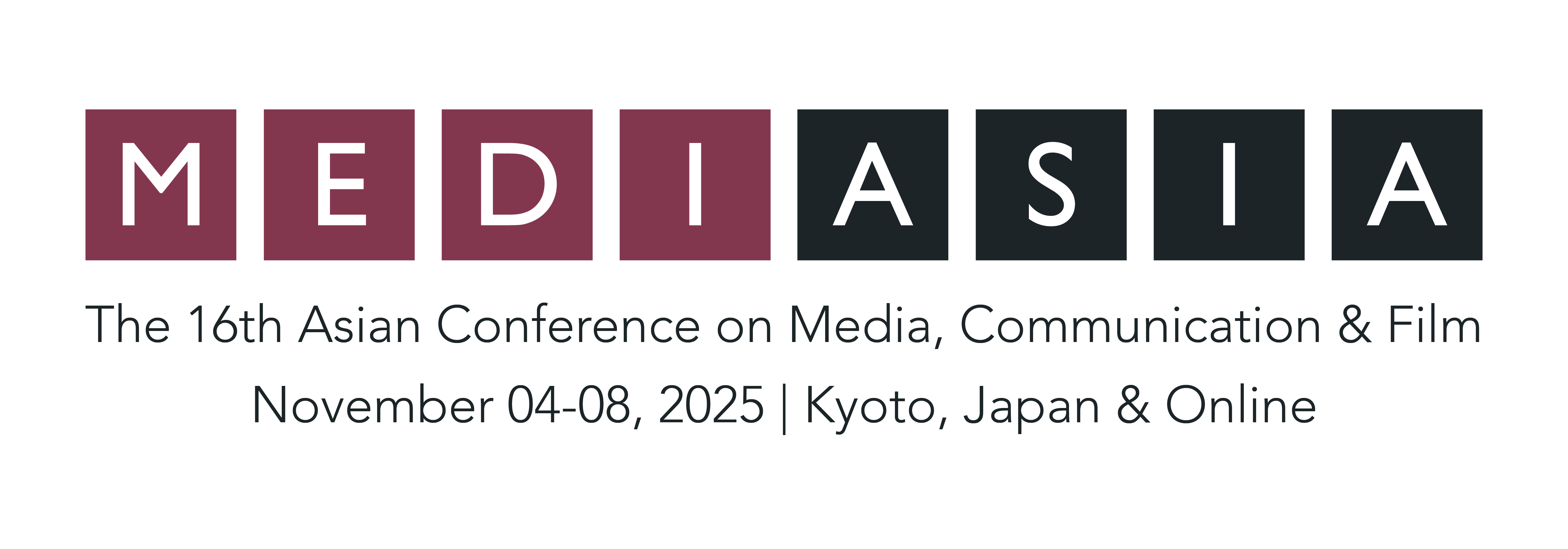Presentation Schedule

Way of Practice to Cross-Cultural Learning of Muslim Youths in the Three Southern Border Provinces of Thailand (85857)
Session Chair: Bernard Montoneri
Friday, 18 October 2024 10:05
Session: Session 1
Room: Room A (Bldg 1)
Presentation Type:Oral Presentation
There are more Muslim than Buddhist youths in the three southern border provinces of Thailand. Some Muslim youths finished their studies at religious schools. Some lived only in Muslim communities. This area has a cultural conflict. Therefore, attitudes towards other cultures and to cross-cultural learning are different. The objective of the study was to identify the way of practice to cross-cultural learning of Muslim youths in the three southern border provinces of Thailand. The research used qualitative methodology. Data was collected from non-formal and Informal education centers in Pattani, Yala, and Narathiwat provinces because this area is Yale where multi cultures are apparent. Thai Buddhist and Muslim youth study together. Moreover, most were in the 15 to 25 age range and had worked outside their communities. An in-depth interview was used to collect data from 30 youths as main informants, which included six Buddhist youths, seven local scholars, and eight parents. Informants were selected by purposive sampling. Data were examined by data triangulation and an analytical descriptive conclusion.
The results of the study found that the way of practicing cross-cultural learning of Muslim youths consisted of: 1) Using Islamic religious principles in cross-cultural learning by attaching to the teaching of a religious leader only. 2) Using Islamic religious principles in cross-cultural learning with some self-consideration.3) Using Islamic principles in cross-cultural learning with an uncertainty of right or wrong of the religious principles. 4) Recognizing Islamic religious principles in cross-cultural learning with some deviations according to stimulus in a new environment. These practices help identify guidelines for solutions, especially stimuli in new environments. This will lead to youth being better trained in social change.
Authors:
Punya Tepsing, Prince of Songkla University, Thailand
Kasertchai Laheem, Prince of Songkla University, Thailand
Abdullah Chelong, Prince of Songkla University, Thailand
About the Presenter(s)
Dr Punya Tepsing is currently an Associated Professor of Society culture and Human development, Prince pf Songkla University, Thailand
See this presentation on the full schedule – Friday Schedule





Comments
Powered by WP LinkPress